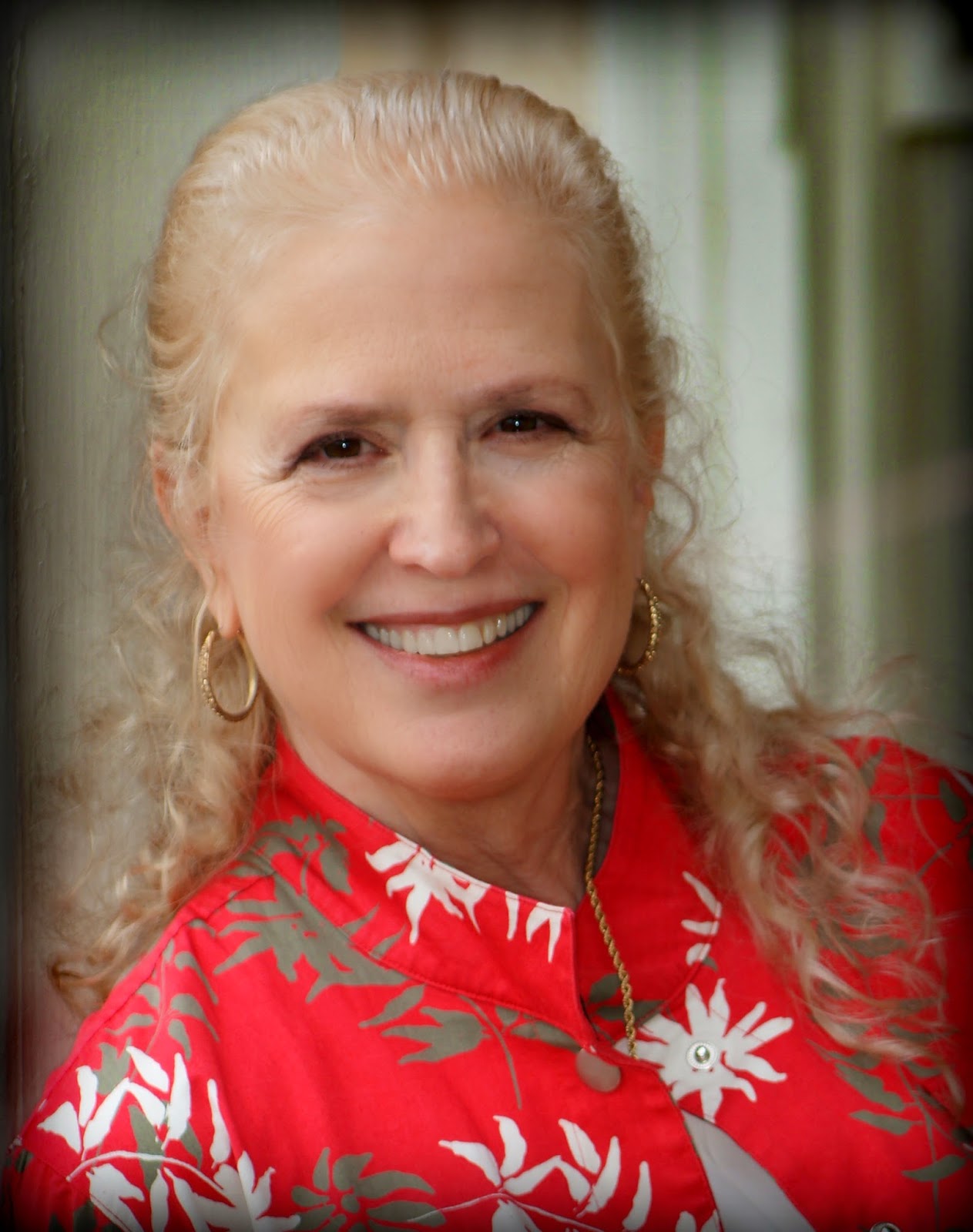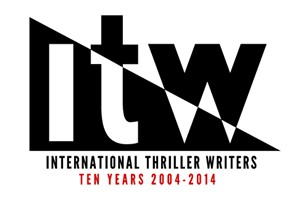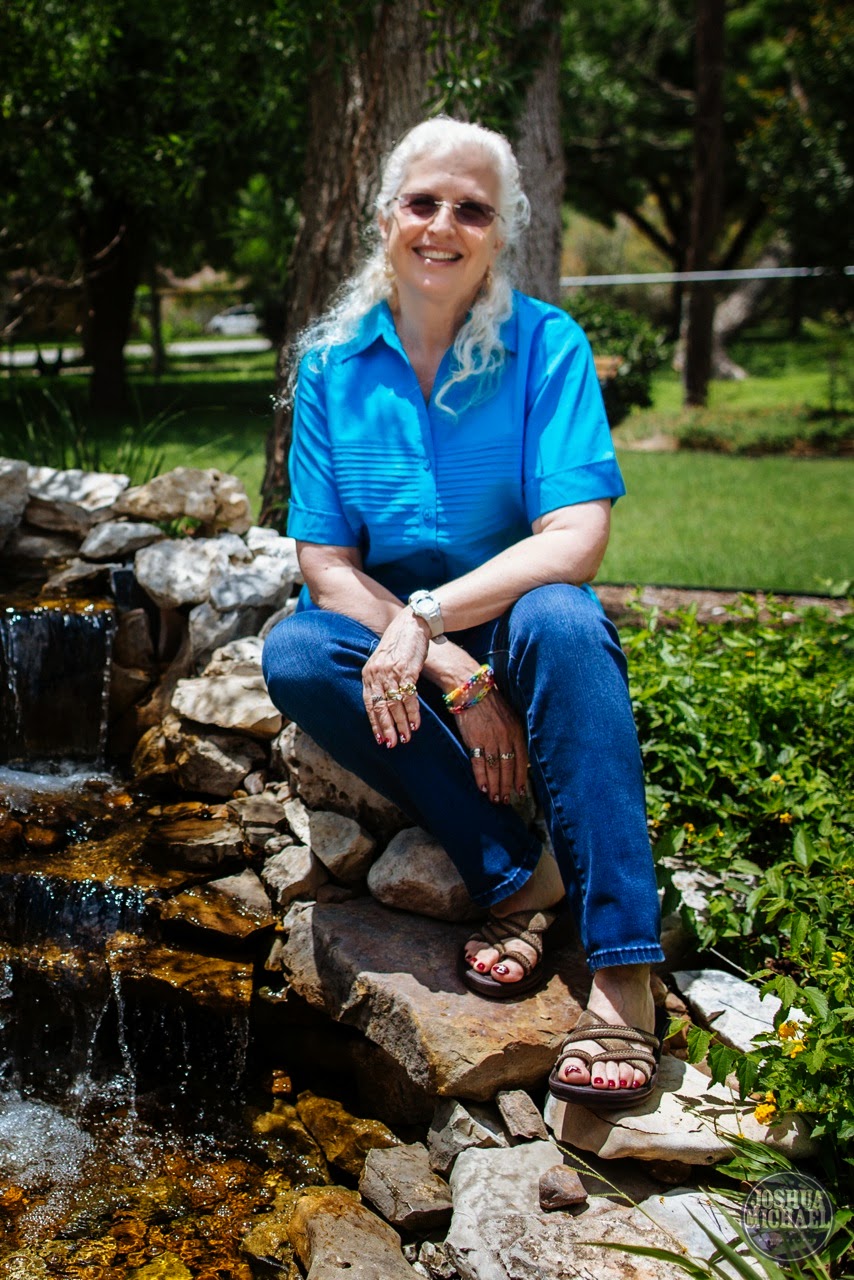Checking Out Some Great “How To” Writing Guidelines
Gail Benson
I’ve been coming across a number of online articles that express succinctly how
certain forms of genre fiction should be written. Here are a few I’ve
discovered:
Palumbo wrote “Taking the Mystery Out of How
to Write a Mystery” (https://www.writersstore.com/taking-the-mystery-out-of-writing-mysteries/).
He lists three important elements: : “1) establishing the unique character of
the protagonist, 2) making narrative use of the world in which the story takes
place, and 3) planting clues (remember, only a few) that derive from the
particular aspects of that world.” Palumbo recommends that writers consider
what makes them unique and their own backgrounds in developing their
protagonists and settings.
Wendig provides “25 Things Writers Should Know About Creating Mystery” (http://terribleminds.com/ramble/2012/05/08/25-things-writers-should-know-about-creating-mystery/).
He describes a mystery as an incomplete equation. Even though readers know the
answer will be revealed by the end, “[a] good story traps us in the moment and
compels us by its incompleteness.” Readers want to be part of the process. “[S]ometimes
creating mystery is not an act of asking a question but the deed of providing a
clearly incorrect answer. Let the audience seek the truth by showing them a
lie.” And, it’s important for plot and character to be intricately intertwined.
“Plot, after all, is like Soylent Green — it’s made of people.”
Her article is written about mystery novels, but the suggestions are easily
adapted to short stories. She points out that people read mysteries for a “particular
experience.” They want the opportunity to solve the crime and they expect all
to turn out well in the end. Reading many mysteries to see how “the rules” have
been applied in those stories will be helpful to a writer, and understanding “the
rules” in order to better meet reader expectations will help a writer craft a
better mystery story. Among her recommendations are to introduce the detective,
culprit, and crime early and wait until the last possible moment to reveal the
culprit.
Derk explains the “The 8
Keys to a Good Heist Story” (https://litreactor.com/columns/the-8-keys-to-a-good-heist-story).
“A good heist has a planning stage, execution stage, and an escape. They can be
in different proportions, but if your story is missing one of the three, it
won’t pass muster.” Derk says there must be complications and a reason to root
for success. Also, he suggests taking care in putting the team together and
having a reason behind the operation that is greater than monetary gain.
David Lewis Anderson gives a good description of “Time Travel in Science
Fiction” (http://andersoninstitute.com/time-travel-in-science-fiction.html).
He offers a historical analysis of science fiction stories that have used time
travel, but he also explores the elements writers have developed through those
stories.
Sustaining Suspense,” (http://www.writersdigest.com/online-editor/6-secrets-to-creating-and-sustaining-suspense)
Steven James evaluates how to add suspense in mystery,
thriller, and literary stories. He suggests the key is to give readers
something to worry about, then explains how to do that.
Jan Ellison offers “9 Practical Tricks for Writing
Your First Novel” (http://www.writersdigest.com/online-editor/9-practical-tricks-for-writing-your-first-novel).
Two of her recommendations that I found interesting were to set writing goals
that are completely within your control and keep working on a poem while
writing your novel. The poem allows you freedom of expression and provides a way
to get started with your writing.
Have you read any
writing “how to” articles lately?




